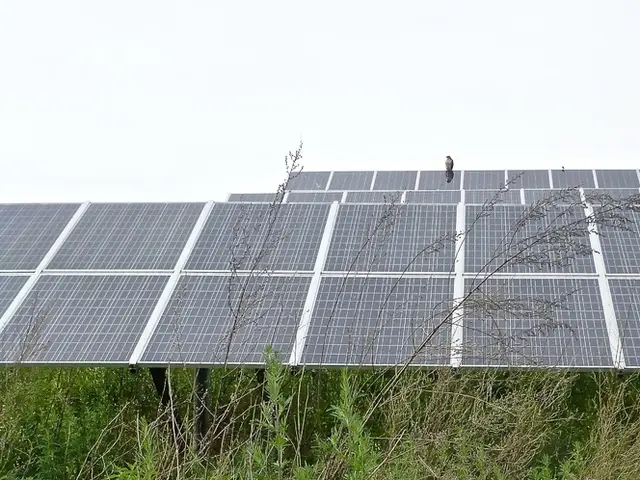AI Revolutionizes Vietnam's Cybersecurity, But Skills Gap and Funding Challenges Persist
AI is transforming cybersecurity in Vietnam, automating processes and identifying user behaviour patterns. However, the country faces challenges in adapting foreign AI models, bridging skill gaps, and funding research. Both defenders and attackers utilise AI, with attackers currently at an advantage due to better funding.
Vietnam's cybersecurity experts often lack data science expertise, and vice versa. This skills gap hinders effective AI implementation. Additionally, the country struggles with a severe talent shortage in cybersecurity, with many businesses understaffed. The understanding and effectiveness of AI in cybersecurity vary among businesses and experts, further complicating the situation.
AI can significantly speed up vulnerability detection, taking just five minutes compared to two weeks with human effort alone. It's used in Vietnam for log analysis, malware analysis, reverse engineering, and vulnerability scanning to detect anomalies. However, human factors, particularly the skill of AI users, pose the biggest challenge in AI adoption for cybersecurity.
To leverage AI effectively, Vietnamese companies can utilise AI-integrated platforms like Fortinet and participate in international cybersecurity conferences such as CyberCon Asia 2025. Despite funding limitations, these steps can help Vietnam close the AI skills gap, improve cybersecurity, and foster innovation.
Read also:
- Industrial robots in China are being installed at a faster rate than in both the United States and the European Union, as the global market for these robots faces a downturn.
- Galvanize Unveils $1.3 Billion Plan to Fund the Energy Sector's Evolution Pathway
- EAFO Research Uncovers Crucial Elements in Electric Vehicle Adoption within the EU
- Kazakhstan: From Nuclear Test Ground to Disarmament Champion








